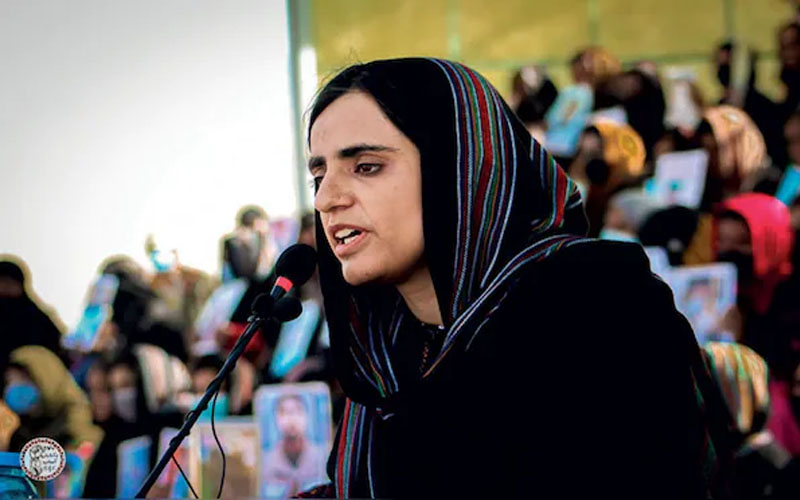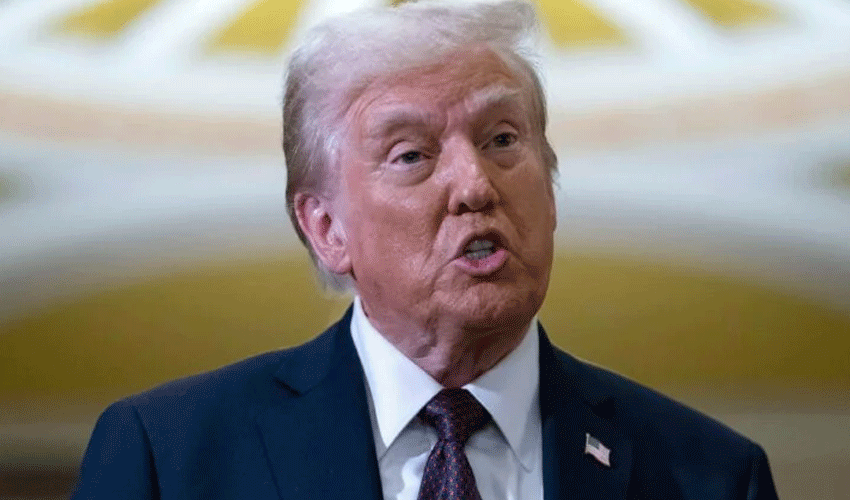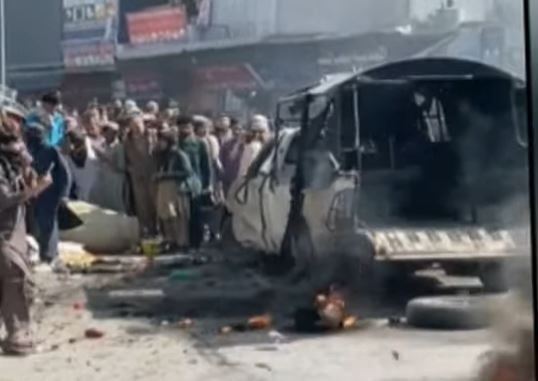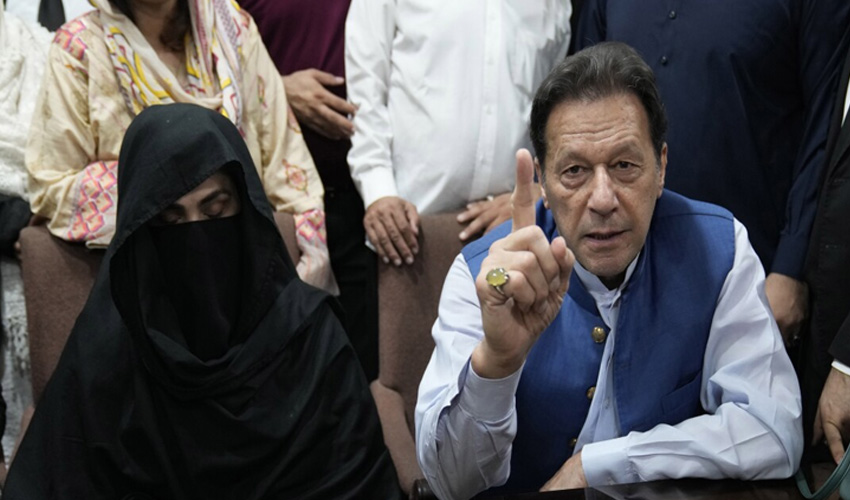In a significant development, the Tehrik-i-Taliban Pakistan (TTP) has announced a ceasefire in deference to the Pashtun National Jirga, leading to allegations that the jirga serves as a political wing of the militant group.
The decision has drawn attention to the complex relationship between various anti-state elements within Pakistan, who appear to be consolidating their efforts against the state.
According to analysts, this ceasefire not only highlights the TTP's potential influence over the Pashtun National Jirga but also raises questions about the latter's alignment with the constitution of Pakistan.
Critics, including prominent Pashtun leader Manzoor Pashteen, argue that the jirga is operating outside the framework of the law, thus undermining the state's authority.
Furthermore, it is alleged that anti-state factions, including those supported by foreign lobbies, are aligning their interests.
In Balochistan, for instance, the Baloch Liberation Army (BLA) is said to support Maeharung Baloch, while in Khyber Pakhtunkhwa, the TTP is allegedly backing Manzoor Pashteen.
The situation continues to develop, with calls for a comprehensive examination of these alliances and their implications for Pakistan's national security.



























